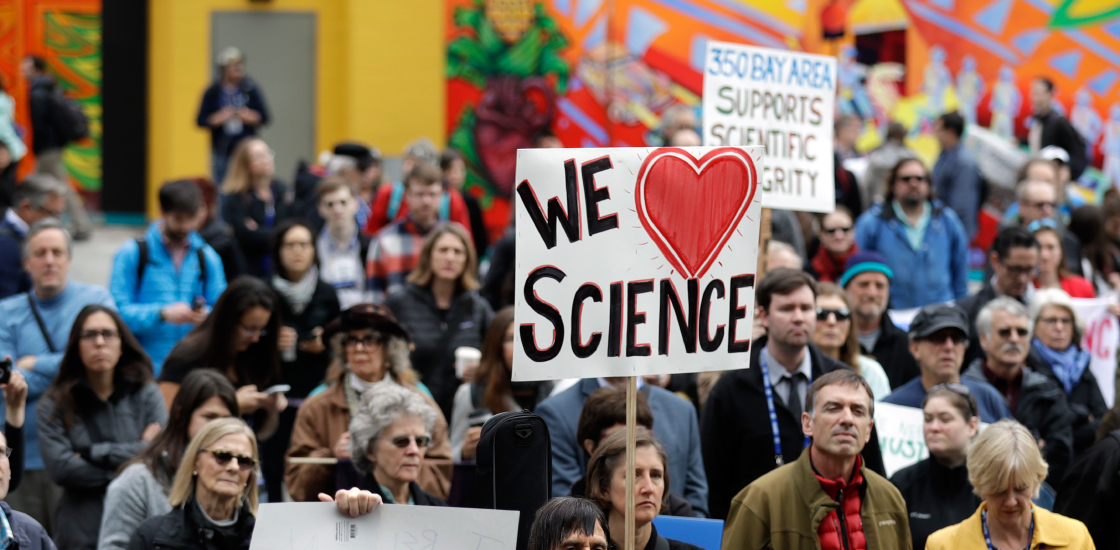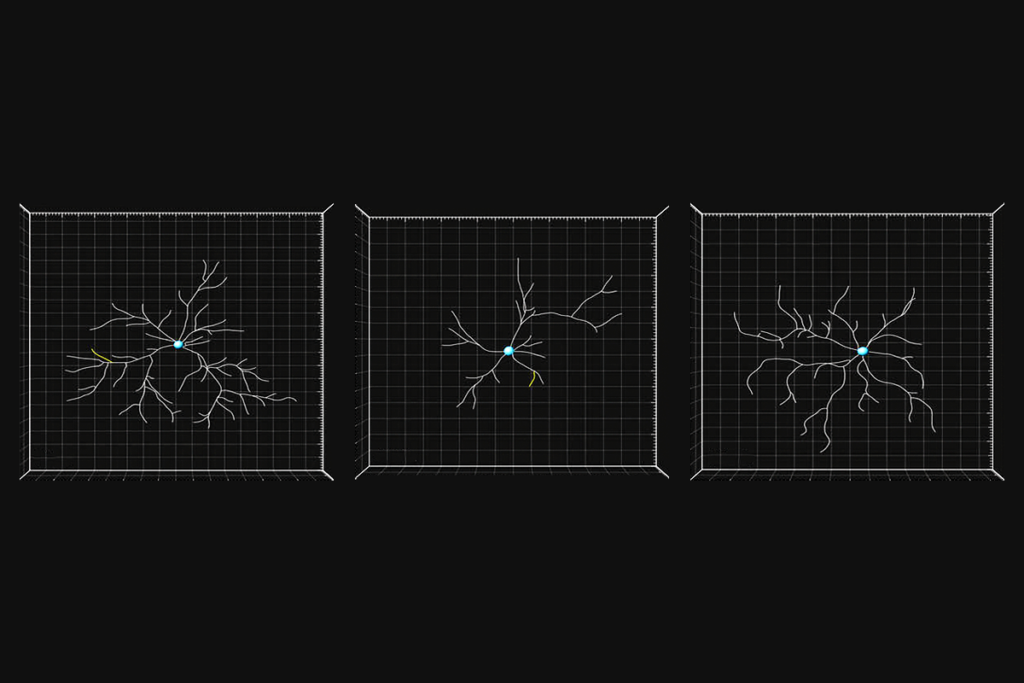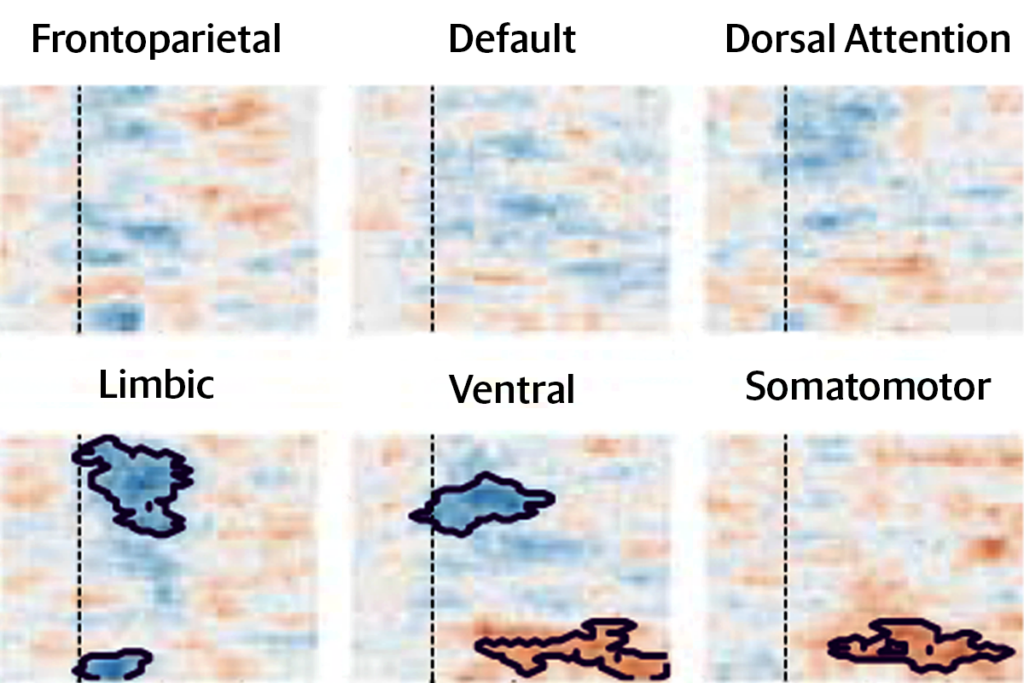Why I want to march for science
Autism researcher Jonathan Sebat plans to push for policies that rest on empirical evidence and serve the common good.

On 22 April, I plan to participate in the March for Science in San Diego, California.
I am not marching in opposition to the president or to the Republican Party. I am marching in support of the common interest of all Americans.
As a working scientist, I am no stranger to a cultural climate in which science is at odds with public opinion. When I was beginning my career as an autism researcher in the early 2000s, the public was gripped by fear about a potential link between vaccines and autism. A small, flawed study touched off this health scare. Later, we learned that study was fraudulent, and extensive follow-up research resoundingly refuted any link between vaccines and autism.
But the fear had already had a negative public health impact: a drop in vaccination rates that led to outbreaks of preventable diseases such as measles.
Donald Trump’s election to the presidency has raised many questions about whether policy will be properly informed by scientific evidence. I first became concerned about this during the lead-up to Trump’s presidential campaign, when he began tweeting about his belief in the link between autism and vaccines.
Massive combined inoculations to small children is the cause for big increase in autism….
— Donald J. Trump (@realDonaldTrump) August 23, 2012
Autism rates through the roof–why doesn’t the Obama administration do something about doctor-inflicted autism. We lose nothing to try.
— Donald J. Trump (@realDonaldTrump) October 22, 2012
He reiterated these beliefs in the presidential primary debates. Trump has also made puzzling statements indicating that he does not believe the scientific consensus on issues such as climate change.
This misleading rhetoric occurs in a polarized political climate in which politicians and their constituents disagree on issues ranging from the economy to immigration — even though they can readily retrieve facts from reliable sources. Disagreements are no longer limited to the interpretation of data, but extend to the data itself.
Common cause:
If a major function of the scientific enterprise is to promote policy-making based on scientific evidence, scientists need to speak out.
I plan to march in solidarity with a diverse scientific community to promote science and technology as engines of prosperity. I will march to advocate for a government that relies on empirical evidence to devise policies that serve the common good.
America wins when, as a nation, we invest in scientific research, science education and evidence-based medicine. If you asked just about any American whether they agree with this statement, the response would be almost unanimously ‘yes.’
Science itself is not a partisan issue. If your son or daughter brings home a report card with A’s in math and science, you are a proud parent regardless of whether you are a small business owner from Omaha or an entrepreneur from Silicon Valley. Likewise, if you are struggling with a serious illness, you want medical decisions to be made based on the best knowledge available, regardless of your political persuasion.
Despite the value of good science to all people, we should not take for granted that public opinion and health policy will always be in line with the best scientific evidence. When specific health or environmental issues become strongly politicized, the gap between what the science says and public opinion grows.
Painstaking pursuit:
Having experienced how fear and misinformation can distort public understanding of science and harm public health, why would I want to bring scientific issues into the world of politics? On the contrary, I want to ensure that science is free from political agendas.
I want the scientific enterprise to continue to advance knowledge, and to make discoveries that offer solutions to public health problems. I want to ensure that scientists are free to communicate the results of their research without undue influence from politics.
The American system of government is rife with irony. If we want to guarantee our freedom from political oppression, we must embrace the idea of political advocacy.
The march will send a clear message to our political leaders that scientists are dedicated to the painstaking pursuit of knowledge and will not allow divisive political rhetoric to undermine our mission. Importantly, the March for Science must not begin and end with a day of protest in cities throughout the country.
We must engage in science communication outside of the scientific community. If experts in a field choose to raise their voices only after conflicting interests have seeped into otherwise uncontroversial scientific issues, it will be far more difficult to communicate objectively with government officials and the public. We should seek to engage early and often, with the goal of cementing our common values.
Jonathan Sebat is chief of the Beyster Center for Genomics of Neuropsychiatric Diseases at the University of California, San Diego.
Recommended reading

Probing the link between preterm birth and autism; and more
Cell ‘antennae’ link autism, congenital heart disease

Neurophysiologic distinction between autism and schizophrenia; and more
Explore more from The Transmitter

Babies, bees and bots: On the hunt for markers of consciousness
Jennifer Prendki explains why AI needs to emulate life
